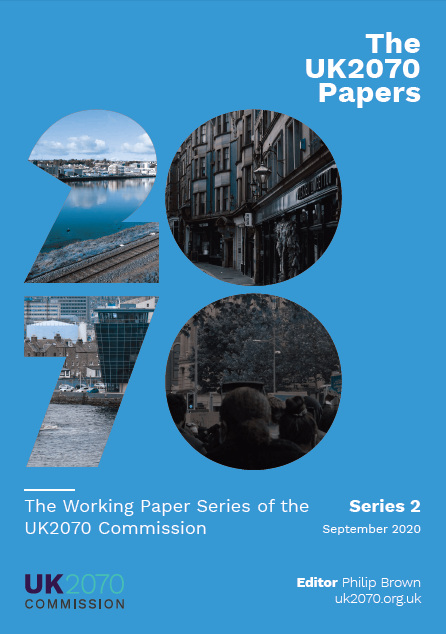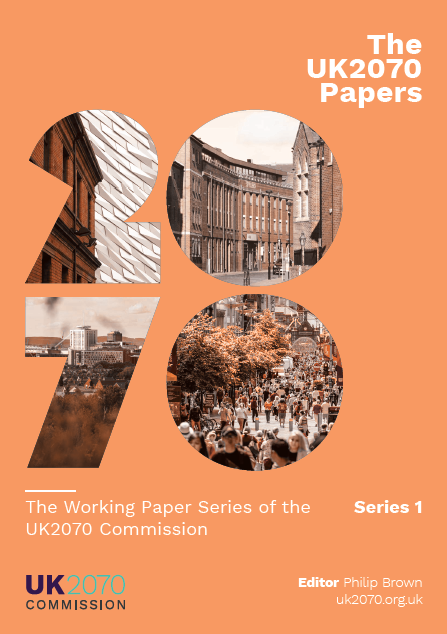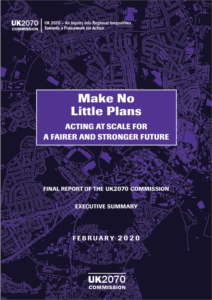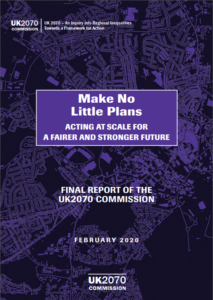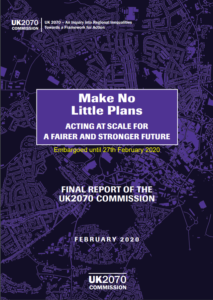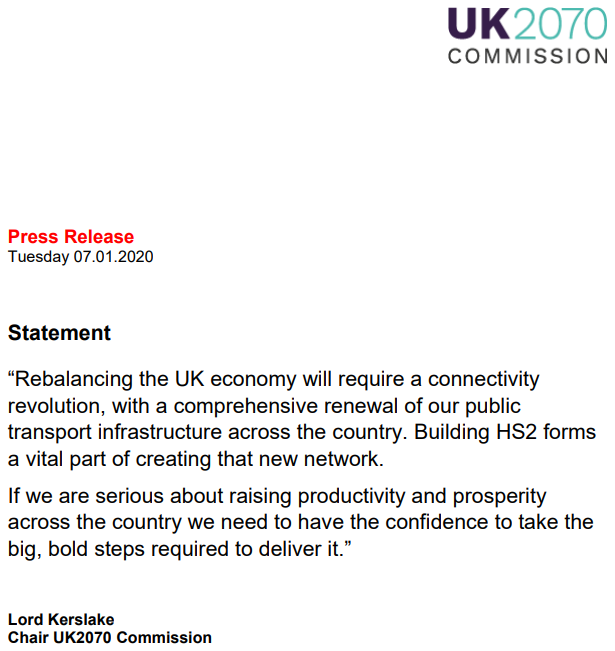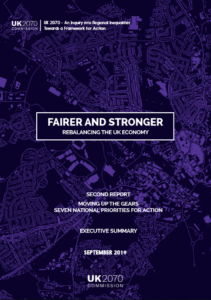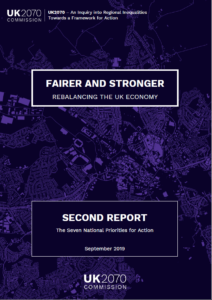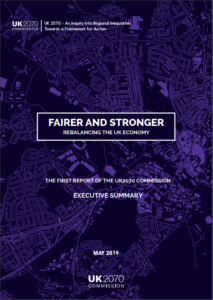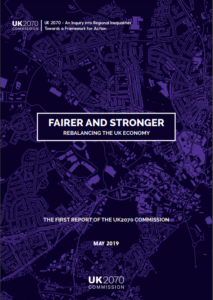Teesside University has partnered with the UK2070 Teesside Taskforce to award a fully funded doctoral studentship to a scholar from the University of Pretoria in South Africa.
The doctoral partnership has been announced in response to President of South Africa Cyril Ramaphosa’s Presidential PhD Initiative, an ambitious national programme to foster international collaboration in advanced research.
The first collaboration with Pretoria University will see a joint paper on solar systems power optimization to be presented the 5th IEEE International Conference on Electrical, Computer and Energy Technologies (ICECET 2025), in Paris, in July.
The paper involves Teesside University academics Professor Michael Short, Rajitha Wattegama, Geetika Aggarwal, and University of Pretoria academic Raj Naidoo.
A second doctoral placement, awarded to Tshwane University of Technology, will begin in October this year.
This landmark initiative builds on commitments made during the UK2070 Commission’s Mission Seven to South Africa in November 2023, convened by Minister Blade Nzimande of the Department of Science, Technology, and Innovation (DSTI) and supported by senior academic leaders from South Africa’s leading universities.
Led by Professor Michael Henson, Chair of the UK2070 Teesside Taskforce, and Professor Stephen Cummings, Pro Vice-Chancellor for Research and Knowledge Exchange at Teesside University, the programme reflects a mutual commitment to building global research ecosystems that address real-world challenges and promote inclusive, place-based growth across both nations.
The fully funded three-year PhD studentships will be delivered collaboratively between Teesside University and South African partner institutions. Leading to the awarding of a doctoral degree from Teesside University, it will include tuition, research support, and integration into a dynamic UK–South Africa innovation network.
Professor Michael Henson, Chair of the UK2070 Teesside Taskforce, said:“This partnership exemplifies the power of academic diplomacy and the strategic importance of bilateral knowledge exchange. As Chair of the UK2070 Teesside Taskforce, I am honoured to support the Presidential PhD Initiative and to strengthen the bridge between the United Kingdom and South Africa through research grounded in local need and global ambition. I remain grateful for the enduring diplomatic engagement of His Excellency High Commissioner Mamabolo, whose vision and leadership continue to guide our shared commitment to inclusive prosperity and international collaboration.”
Professor Stephen Cummings added:“At Teesside University, we believe in the transformative power of research. This programme demonstrates how international collaboration can accelerate progress towards sustainable development, from clean energy to digital innovation. We warmly welcome our South African doctoral candidates and look forward to building on this momentum.”
His Excellency South Africa High Commissioner Jeremiah Nyamane Mamabolo said:“This initiative stands as a distinguished example of how academic collaboration can serve as a pillar of diplomatic engagement between our two nations.
The UK2070 Teesside Taskforce and Teesside University have demonstrated exemplary leadership in advancing the objectives of South Africa’s Presidential PhD Initiative. Their commitment to inclusive research exchange not only strengthens our bilateral academic ties but also contributes meaningfully to South Africa’s national imperatives—particularly in fostering innovation, advancing a just energy transition, and building a highly skilled knowledge economy. We look forward to deepening this valued partnership in the years ahead.”
This first cohort lays the foundation for an expanded programme of UK–South Africa academic cooperation, particularly in fields critical to economic transformation, resilience, and Net Zero innovation. Further doctoral placements are planned, continuing this model of equitable, high-impact research collaboration.
The UK2070 Commission is an independent inquiry into city and regional inequalities in the United Kingdom. Launched in 2018, it was established to conduct a review of policy and spatial issues related to the UK’s long-term city and regional development, reinforcing the devolution agenda for cities, regions and nations to maximise their potential for sustainable and inclusive growth.
The UK2070 Commission established a programme of locally based taskforces, including the Teesside Taskforce, in support of the ambition for all cities, regions and nations to be at the heart of the UK’s drive for a future greener, more inclusive economy. These collaborative partnerships enable enhanced capacity for strategic action on matters needing a wider geographical perspective.



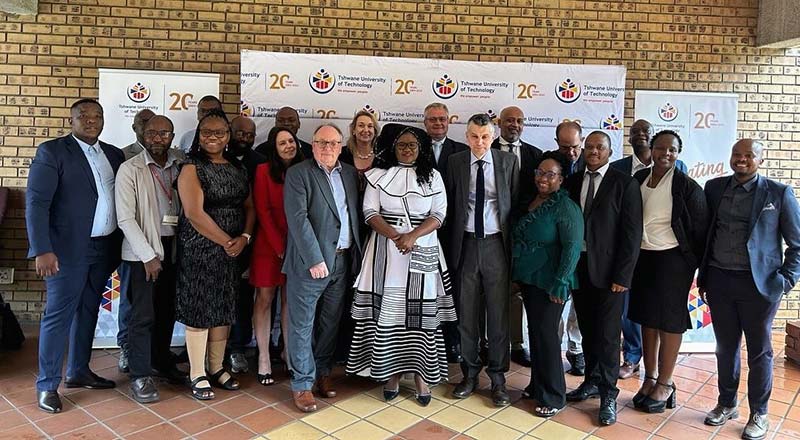
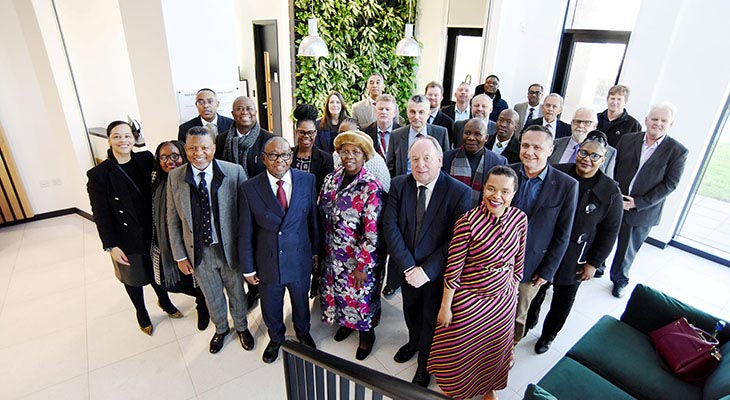
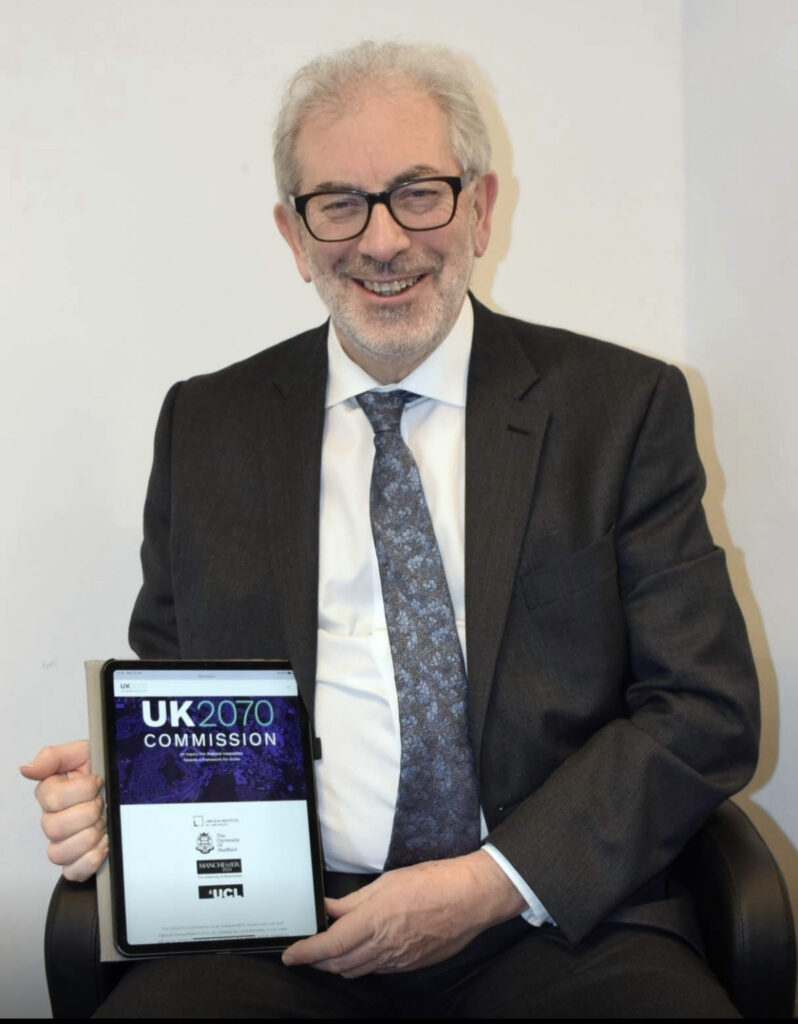


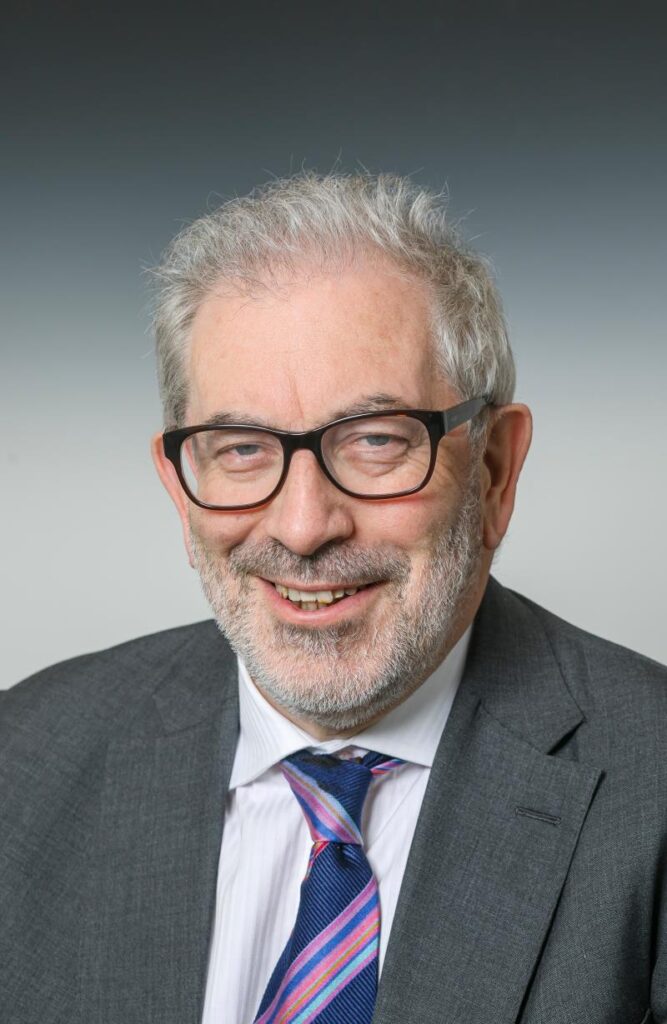
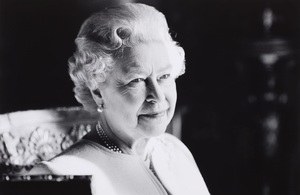
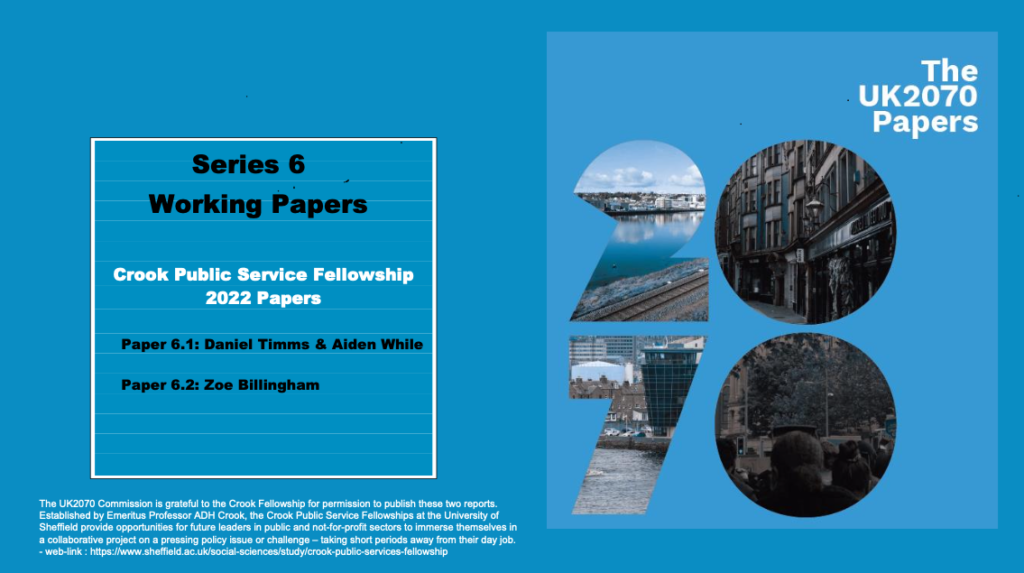





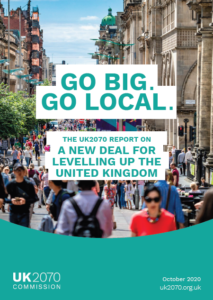
 The Right Honourable The Lord Kerslake
The Right Honourable The Lord Kerslake